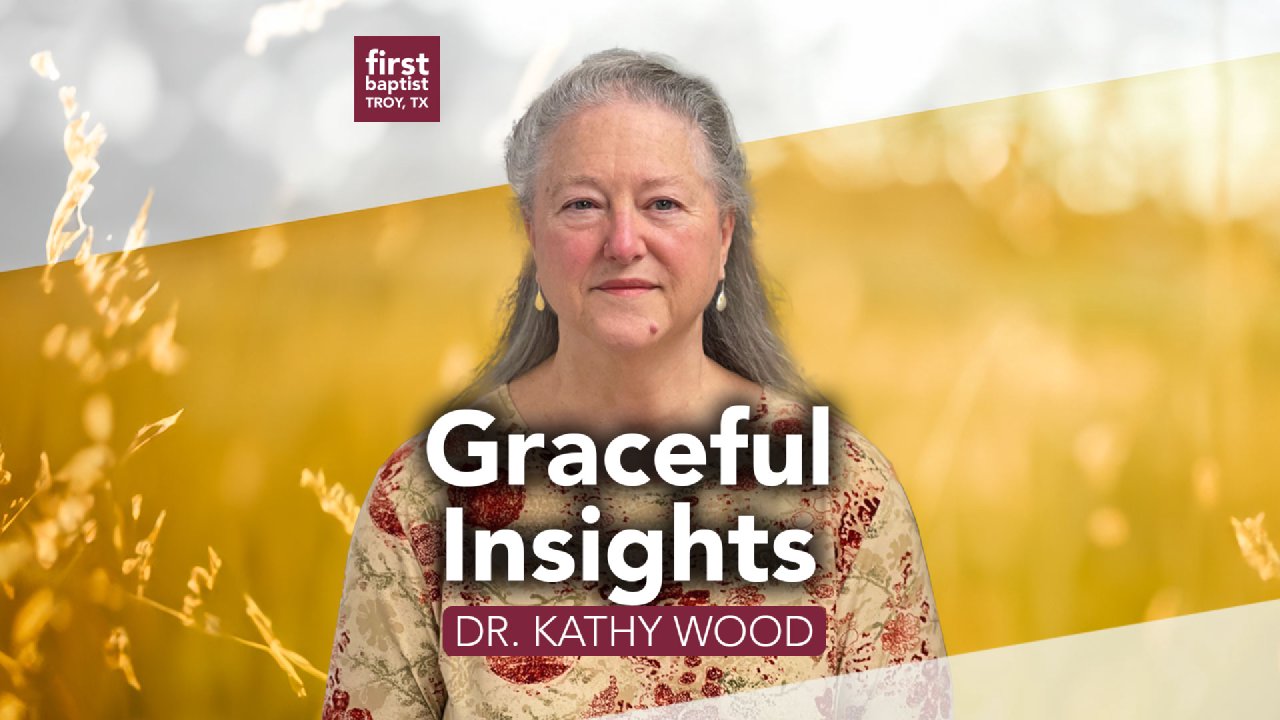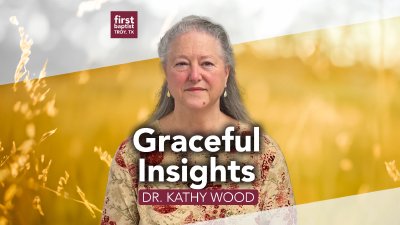How does a scientist who is also a Christian know where to stand on the evolution/creation controversy? Is there a point in the middle? And where do most people stand in the United States? We will look at all of these questions in this segment.
FULL TRANSCRIPT:
I have been asked to prepare a series of podcasts dealing with the controversy surrounding creation and evolution. As a biologist who is also a Christian, the tension between these 2 points of view has been ongoing in my life for many years. When I was a very young Christian as a graduate student studying biology, I remember sitting in a classroom where the evolution of a particular protein was being discussed. I was kind of clueless – I did not know that questioning evolution was a hot topic, so to speak. So I raised my hand and asked how the professor knew that this protein had actually evolved this way? My professor immediately stopped talking, looked me in the eye, and asked me if I was one of those people who was a creationist. At the time, I was quite shocked to be called out like that and I really did not know what to say. Frankly, it about scared me to death!
Since that time, I’ve come to realize that there are some serious tensions between science and religion when evolution and creation are brought up. For many years I just tried to ignore these tensions. I tried to believe both sides of the argument. Kind of hard to do, but somehow I managed to do it! (In fact, as I have talked with college students over the years, I find that many of them who were brought up in a Christian home have some considerable concerns about how to make what they learn in school agree with what they learned in church. Most of them just choose not to think about it too much.)
So, back to my story: Then as a college professor myself, I was asked to teach an introductory biology course in which the textbook described the idea of special creation by God as being “pseudoscience”. Now the tension between evolution and religion was in my face and I had to decide what I truly believed.
My plan for these podcasts is to introduce some of the terminology used when discussing evolution and creation and then to look at the history behind the controversy. We also need to look at why it even matters. What are the repercussions within our society for believing evolution over creation? Then I plan to take a closer look at just a few of the evolution topics found in a typical college introductory biology textbook. Frankly, it would take too long to cover all aspects of the argument surrounding evolution versus creation – currently in my library, I have a book over 500 pages long dealing with some of those arguments! We don’t have time to get into it but there’s plenty of material out there if you want to read further. Finally, we need to decide which of these points of view is correct. So let’s get started.
Evolution, more properly called Darwinian evolution, is the theory 1st put forward by Charles Darwin that life on earth has evolved through natural selection. Natural selection is a process through which plants and animals change over time as they adapt to their environment. If a plant or animal has a trait that makes it able to live longer or more successfully adapt to the environment, it may be able to pass that trait onto its offspring whereas other members of that species aren’t as well adapted and die without passing their traits on. Over a long period of time, these very small changes in traits could theoretically develop an entirely new species.
A species is considered any group of animals or plants that can only reproduce with others like it – one species cannot reproduce with a different species even though they may look very much alike. There have been too many changes within the species to allow it to reproduce with another species. (I will say here that some cross species reproduction may occur at times if the 2 species are closely related but it is definitely not the norm and usually has to be “set up” by human intervention – for example, a lion and a tiger can be crossed to get a “liger” but this is quite infrequent.)
Now, I mentioned that evolution is a theory. So what is a theory? It is a statement or principal which, through scientific observation, reasoning, and experimentation, explains a natural phenomenon. Essentially a theory is a law or fact that is accepted by scientists as being true. The way that scientists see “theories” is very important because in common language, most people consider a theory as something that may or may not be true. They look at it as kind of like a “guess”. But that is not how scientists use this term. In discussions with a scientist about evolution, you must be careful about saying that evolution is “just a theory”, as if it really might not be true.
So, what is creationism? It is the belief that the creation story in the Old Testament of the Hebrew Bible, specifically in the 1st book of the Bible called Genesis, is literally true and that it is an explanation for the creation of the earth and the development of life by God out of nothing.
There is a movement within creationism that has attempted to uncover scientific evidence to show that the biblical creation story is true. This movement has labeled itself “creation science”. Evolutionists question the accuracy of calling any form of creationism “science” since those holding the view that creationism is true, cannot go through the normal processes of observation, reasoning, and experimentation to prove that it is true.
In order to somehow resolve the controversy between evolution versus creation, some people have come up with positions somewhere in between the two. We are not going to get into all of those but one common position that you might run into is the idea of “theistic evolution”. Theistic evolution is a belief held by some religious groups that God is the guiding force behind the process of evolution. These individuals believe that evolution is the true way that life developed on earth – with God’s help or guidance – but they disagree with strict evolutionists who say that evolution had nothing to do with God or any supernatural being.
I remember reading a book several years ago written by a strict evolutionist where he said that if there was a God involved in our world who could “interfere” at any time with the natural processes that we see operating in the world, how could we possibly ever accurately define laws and theories? If God could change things anytime He wanted to, how could we ever know what was really going on? Since we do know what’s going on because we observe it happening all the time, there must not be a God. At 1st glance, his logic might seem pretty good but what if God has set up the laws of nature the way He wanted them set up – gravity, for example – and what if He upholds those laws almost all the time? And what if it is only infrequently that He enters into the creation that He has made and makes something happen that is outside of those laws? Hmmm.
Before going into some of the history behind the controversy between evolution and creationism, I should also mention another frequently held position called Intelligent Design. Intelligent design is a belief that life is too complex to have evolved entirely through natural processes and that therefore an outside, possibly divine force, must have played a role in the origin and development of life. The argument of intelligent design has also made its way into the court system when groups holding that position have tried to influence what is taught in pre-college science curriculums. So far, in every case that has come before the courts, intelligent design has been seen as a non-viable way for creationism to be equally taught with evolution in the classroom.
We don’t have enough time in this podcast today to discuss the history of this controversy. However, you might be interested in some surveys that have been taken over the years in the United States. In 2013, in a Pew Research Center survey, 60% of Americans said humans and other living things evolved over time. This percentage rose to 81% in 2018. In that same survey, 24% said a supreme being guided the evolution of living things – this number increased to 48% in 2018. So it appears that a large percentage of people in the United States agree with the theory of evolution, whether it involves a supreme being or not. In fact the involvement of a supreme being of some kind in evolution (let’s call it “theistic evolution”) seemed to increase over those years.
In 2014 in another survey, 37% of Southern Baptists believed that humans evolved but they believed their evolution was mainly due to God’s design. So, again, theistic evolution. However 58% of Southern Baptists in that survey believed that humans have always existed in their present form – in other words, they did not evolve from something else. In this last group, most of them are in the 30 and above age group – so the younger Southern Baptists are not so sure that humans have always existed in their present form, i.e., were created by God as they exist today.
Finally what about scientists in America? What do they believe? As I have previously mentioned, they say evolution is well-established as a scientific theory and that it is an established explanation for what we see in nature. Most scientists say that evolution through natural selection is a fact. In a 2009 survey, only one third of scientists believed in God. In that same survey, 83% of the general public said that they believed in God. So, as you can see, there is a big difference between these 2 groups as far as their belief in God.
That’s all we have time for today. The next podcast will look at the history of this controversy. I’m not a real history buff myself but I think this is very interesting! Hopefully you will too.





